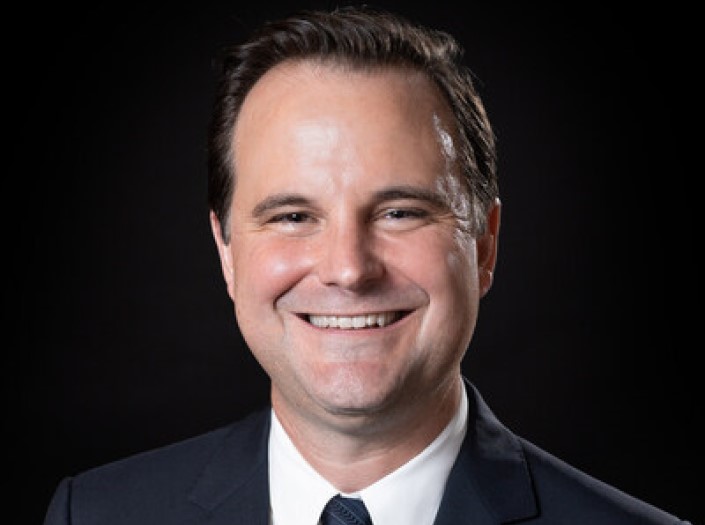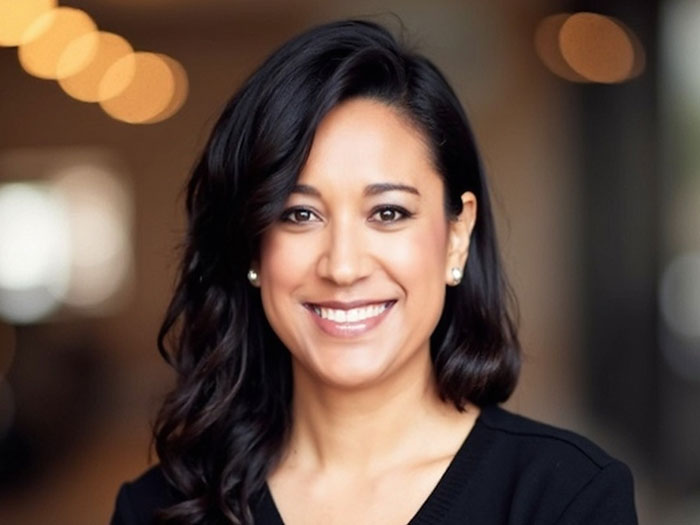Sponsored: Horizon Casualty Services
The Key Role of a Workers’ Comp Case Manager

In the world of workers’ compensation, where endless variables seem to be at play, Horizon Casualty Services Inc. (HCS) acknowledges that having a clear sense of priorities can bring stability and consistency to claim management. The priorities of a workers’ compensation case manager are as follows:
- Provider referral and follow-up
- Facilitating provider treatment plan
- Advocating for claimant while reducing employer exposure
- Serving as a resource for claimant, providing education and guidance
- Serving as a liaison, reporting claimant progress to stakeholders

Lisa Deeves, Manager of HCS Case Management
According to a 2016 study by Keleher and Stanton, who interviewed 102 municipalities and large self-insured employers regarding their satisfaction with the care their workers’ compensation claimants received, the selection of the provider plays a monumental role in the life of a claim. Furthermore, they found that the case manager, as the “eyes and ears” of the employer, has a significant impact on the claim’s outcome in terms of appropriate care rendered and total dollars spent.
This is certainly the case for HCS, where the HCS provider network offers access to professionals in the field of orthopedics, spine surgery, pain management, concussion specialty, and physical therapy (PT), just to name a few. Within this network, the HCS Clinical Quality team has further designated standout providers in these same specialty fields and placed them in the HCS Outcomes Focused Network (OFN).
Determining an inclusive provider network in the HCS OFN comes with extensive research, both externally and internally. HCS clinical quality manager Maura Berger, RN, BSN, CCM, explains that her team first looks externally: “We look at areas such as board certification, fellowships, as well as any other field of specialization — and review the NJ physician discipline website for any reported issues.” Then they begin their internal review of any complaints filed with HCS. “Afterward, we pull a random sampling from our managed claims, and we manually review for excellent claimant outcomes, administrative efficiency and minimal network leakage.”

Maura Berger, RN BSN CCM, HCS Clinical Quality Manager
Lastly, they do a deep dive into claims for accurate diagnosis, strong causality, benchmarking to official disability guidelines (ODG by MCG), opioid and PT order history, return to work and duration of claim. When asked if this exhaustive review was done once, Berger laughed and said, “Absolutely not.” They conduct this review initially, then after inclusion in the OFN for a year, they review again — and if the provider continues to meet the requirements, the review occurs on a three-year rotation.
Why so intense a review? Maura explains: “Only through this diligent review can we ensure that our OFN offers the highest clinical quality of care from workers’ compensation-savvy providers.” With so many determinations in a case manager’s daily practice, choosing the right provider is clearly a sentinel choice in the life of each claim. The use of HCS OFN providers allows case managers to confidently ensure excellent clinical care along with clear communication, resulting in the best claimant outcomes.
To learn more about HCS and its approach, contact Jed Hoban, HCS business development executive, at [email protected] or visit https://www.horizonblue.com/horizoncasualty/service-offerings/workers-compensation.
About HCS
HCS, in business since 1994, is a leading PPO in New Jersey WC and PIP. HCS has a 100% direct-contracted provider network that includes almost all New Jersey acute care hospitals. The network delivers significant overall savings and, with its deep focus on precision, an extremely low appeals rate. Its PPO results, combined with its Healthcare Value Strategy and OFN, enable insurers to be the best at delivering quality medical care to claimants at the right cost — clearly a win-win for all.
References:
Keleher, Myrap P.; Stanton, Marietta P. Employer Satisfaction with an Injured Employee’s Health Care, Professional Case Management, Volume 21, Number 2 March/April 2016, pp. 63-72(10)
This article was produced by the R&I Brand Studio, a unit of the advertising department of Risk & Insurance, in collaboration with Horizon Casualty Services, Inc. The editorial staff of Risk & Insurance had no role in its preparation.










